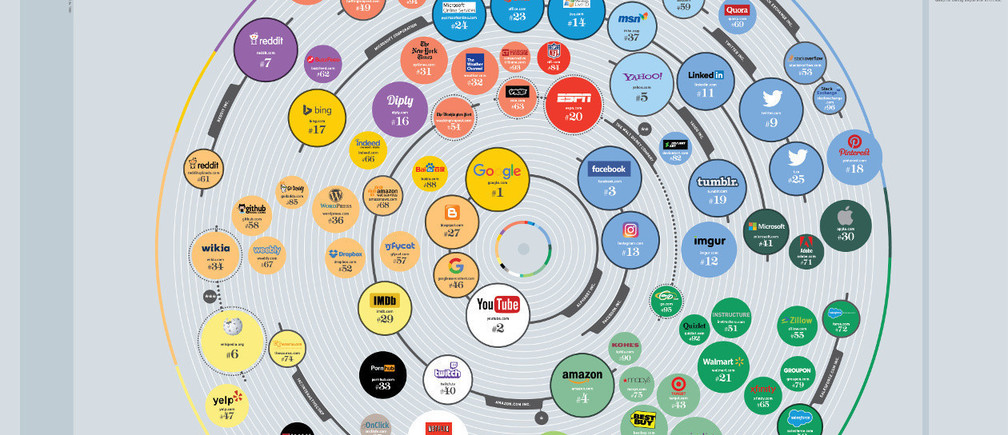Businesses that want to provide exceptional customer service in 링크모음 the digital age must collect accurate and complete address information. Effective address collection methods streamline operations and foster customer satisfaction. This article examines different address collection methods to enhance customer satisfaction, while ensuring accuracy, convenience, and efficiency.

The importance of accurate address collection
It is important to collect accurate addresses for several reasons. It helps to ensure timely delivery, reduces mistakes, and improves communication between business and customers. Addresses that are correctly collected can help minimize logistical problems, such as lost orders or delays in delivery, which could negatively affect customer satisfaction. Accurate address data is also essential for marketing campaigns and to maintain a reliable database.
Traditional Address Collection Methods
Paper Forms
For many years, paper forms were used to collect addresses. The customer fills out the details manually and then employees enter them into a digital database. This method, while simple, is susceptible to human errors during data entry. These can lead to inaccurate information and inefficiency.
In Person Collection
When customers give their addresses to employees in a physical location, such as a retail store or service center, they are referred to as “in-person address collection”. This method is quick and easy to verify details, but it can be time consuming for customers and staff.
Digital Address Collection Methods
Online Forms
Online forms are used to collect addresses when registering for accounts or completing online transactions. These forms can easily be integrated into mobile apps and websites, allowing customers to enter their information in a convenient and seamless way. Businesses can use features like:
Autocomplete: Suggestions of addresses are suggested as the customer types, reducing mistakes and speeding up process.
Validation Validating the address entered in real-time, to ensure that it is deliverable.
Mobile Apps
Mobile apps are a great way to collect addresses. They’re especially useful for businesses that have frequent service or delivery appointments. The app allows customers to save their addresses for future orders, reducing the number of repeat orders.
Address APIs
Address Application Programming Interfaces allow businesses to integrate address validation and autocomplete services from third parties into their systems. These APIs use extensive databases to validate and provide accurate suggestions for addresses. This method reduces errors significantly and increases the speed of address collection.
QR Codes & NFC
Near Field Communication (NFC), QR codes, and other technologies can help streamline the collection of addresses. This is especially useful for booking events or services. Customers can scan QR codes or tap NFC tags to automatically enter their address details. This reduces manual input as well as potential errors.
Improve Customer Experience through Address Collection
Simplifying the process
To create a positive experience for customers, it is important to simplify the address collection process. Online forms and apps for mobile devices should be easy to use, with clear instructions. The auto-complete and validation functions further improve the ease of use and ensure that customers can provide accurate information quickly.
Data Security
When collecting addresses, data security is of paramount importance. Businesses must take strong security measures to protect the customer data, including encryption, secure servers and compliance with data protection laws (e.g. GDPR). Transparency in communication regarding data usage and privacy policies is also important for building customer trust.
Offering Multiple Channels
Multiple channels of address collection can be tailored to meet the preferences of different customers. Some customers prefer to use online forms while others may find that mobile apps or collection in person is more convenient. By offering a range of options, you can ensure that customers are able to choose the option that suits them best.
Personalizing Customer Experiences
Businesses can personalize their marketing and interactions with customers by using accurate address data. Businesses can tailor their communications and offer relevant product recommendations by understanding the location of customers. This level of customization increases customer satisfaction and loyalty.
Case studies: Successful Address Collection Techniques
Amazon
Amazon’s success with address collection is due to its seamless integration of auto-complete and address validation features. Customers are given address suggestions during the checkout process. This reduces errors and speeds up the process. Amazon allows users to store multiple addresses within their account. This makes future purchases easier.
Uber
Uber collects addresses through a mobile application. GPS technology is used to automatically detect the location of the customer, which can then be used as a pickup address. Customers can also manually enter addresses, or choose from previously saved locations. This ensures that addresses are collected accurately and efficiently, improving the user experience.
Zappos
Zappos is an online retailer of shoes and clothing that focuses on providing excellent customer service. Address validation and auto-complete are included in their online forms, which reduces the possibility of errors. Zappos offers a simple return process to further demonstrate their commitment towards customer satisfaction.
Future trends in address collection
Artificial Intelligence (AI).
AI and machine-learning technologies will revolutionize the address collection process. AI-powered systems are able to predict and correct errors in address information in real time, increasing accuracy and efficiency. AI can also analyze customer behavior and optimize address collection methods.
Voice Assistants
Voice assistants such as Amazon Alexa or Google Assistant allow customers to enter their address without having to use their hands. Businesses can use voice recognition to collect addresses from customers using voice commands. This is a convenient and innovative option.
Blockchain
Blockchain technology increases the transparency and security of address collection. Businesses can protect customer data by using decentralized databases. Blockchain can streamline the address verification process, reducing fraud.
Conclusion
For a better customer experience, it is essential to collect addresses effectively. Businesses can improve accuracy, efficiency and convenience by leveraging digital tools like online forms, mobile applications, and address APIs. Adopting new technologies such as voice assistants and blockchain, will also continue to improve address collection. Address collection that is accurate and secure improves business efficiency and fosters customer satisfaction.